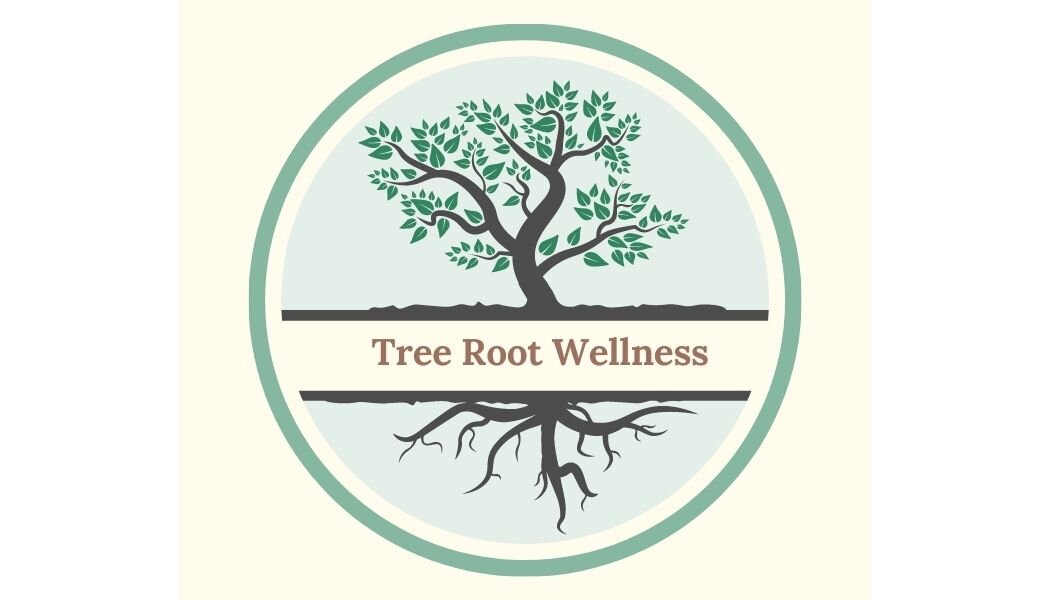WHAT is neurodivergence, and WHY important in brain injuries?
Sociologist Judy Singer, who is on the autistic spectrum, coined the term Neurodivegent in the 1990s. Neurodivergence generally defines someone whose neurological development and state are atypical. Several recognized types of neurodivergence include; autism, Asperger's syndrome, dyslexia, dyscalculia, epilepsy, hyperlexia, dyspraxia, ADHD, obsessive-compulsive disorder (OCD), and Tourette syndrome (TS), as well as left-handedness, transgender, and homosexuality are sometimes also included.
Neurodiversity advocates promote support systems that allow those who are neuro-divergent to live their lives as they are.
Where is the overlap between Neurodivergence and Traumatic Brain Injuries?
It is essential to recognize that many of the mechanisms known in autism, ADHD, and other neurodivergent presentations overlap with secondary injury from a TBI. It is also important to note that when a patient has a neurodivergence before a TBI, as it will worsen the symptoms and recovery duration.
Autism and brain injuries share several cognitive and physical presentations. These include; gastrointestinal symptoms, learning challenges, seizures, sensory processing disruption, and behavioral symptoms.
Studies show an overlap with ADHD and higher incidences of brain injury. Additionally, there is an increased mood disturbance, sleep distribution, and more inferior quality of life with ADHD after a TBI. However, ADHD medication is shown to reduce the likelihood of subsequent TBI injury.
Understanding neurodiversity is critical to maintaining lifelong brain health.
You don't need to wait for a brain injury or neuroinflammation symptoms to learn about brain and nervous system health. We live in a world that can be heavily stimulating and overwhelming even if you're not neurodivergent. Taking the time to investigate and understand how your unique brain works can help you build a road map to sustaining lifelong brain health.
Resources:
https://www.disabled-world.com/disability/awareness/neurodiversity/
https://neurocosmopolitanism.com/neurodiversity-some-basic-terms-definitions/
PMID: 31049988, 29970331, 28074078
